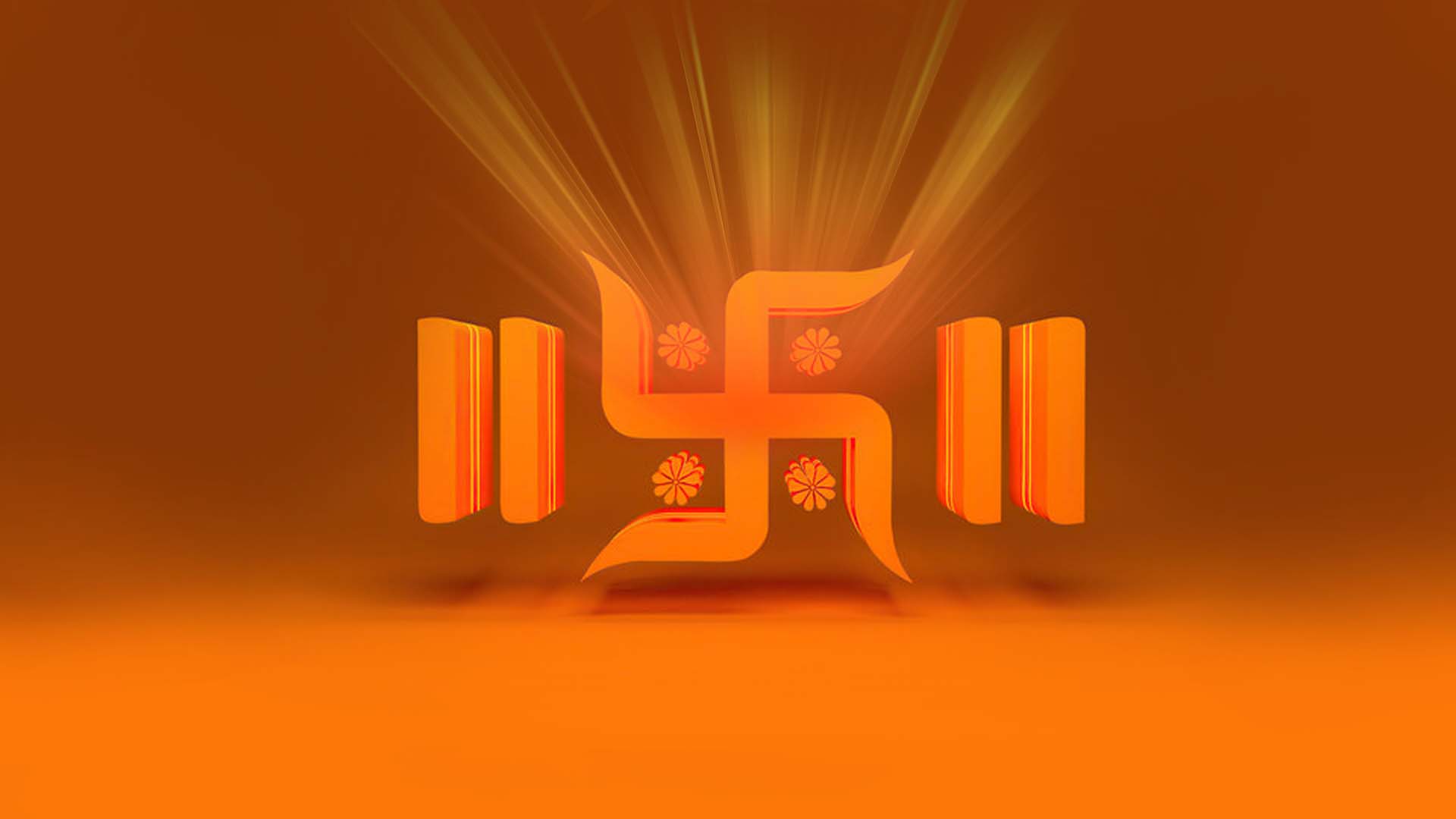 Around the Union, many auspicious symbols and fortunate beliefs have left a mark on our daily lives. Some are common for the entire nation, even going beyond Bharat borders. Others are regional, ethnic or plainly strange to almost anyone outside a narrow community. Around the Union, many auspicious symbols and fortunate beliefs have left a mark on our daily lives. Some are common for the entire nation, even going beyond Bharat borders. Others are regional, ethnic or plainly strange to almost anyone outside a narrow community.
Fortune and Prosperity Need some Effort on Our Part
Desi culture has innumerable traditions, symbols and customs related to the pursuit of luck, prosperity and happiness. An affiliate marketing agency has published an interesting inquiry into some of the most prominent practices and beliefs targeting fortune and abundance.
To outsiders of the Subcontinent, many of these ideas may seem odd, the symbols unrelated. Those come, however, from centuries – even millennia – of religious heritage, social arrangements or even practical habits. Eating a spoon of curd and sugar before an important event, for example, is widely believed to bring luck but also quickly releases essential nutrients in the body which, on a hot day, is more than useful for concentration and personal performance.
Getting some extra help from lucky symbols, customs and religious beliefs is simply the norm, useful from a job hunt to playing Indian lottery online, placing a bet on a cricket game, from seeking luck in love to choosing the right spot for a house.
A number of these icons and practices are inclusive, popular and recognised all over Bharat, even throughout Asia or the world – such as Lakshmi, the Swastika (for better or worse) or Aum. These have gone beyond Hinduism or Buddhism, entering mainstream culture. Others have different meanings in different states or regions, depending even on language or context or historical period. Yet, it is namely in these diverse rituals, symbols and beliefs that India has its Unity in Diversity.
Variations Are the Essence of Our Lucky Beliefs
We all know the Ashtamangala, for one, as a list of eight auspicious symbols. Even in its most traditional interpretation, however, it differs by region, religion and ethnic group – remaining an imagery of fortune and prosperity. Its cultural significance does not change essentially, while some of its symbols vary according to context (puja, wedding, etc.) or religious denomination.
Hindus use variations including a lion, bull, necklace, serpent, kettledrum, pitcher, fan, lamp, drum, mirror or an elephant ankus. Jainists tend to use other vessels and a mirror but also a chair or a hand fan. Other versions that scholars have noticed list a Swastika, a Srivatsa or a Nandavarta.
Bringing fresh fruit to the altar is also widely seen as bringing positive energy, even if it’s just a picture of it. Hindus and Buddhists alike agree on most types, even Feng Shui indicates specific examples. However, the kinds of fruit almost inevitably vary by region, with red apples an endemic fruit in the North, while the South brings out ripe pineapples, oranges or grapes.
Other regional practices may be based on pure superstition (e.g. shaking one’s legs meaning kicking away the wisdom or wealth accumulated) or other mystical beliefs, ending up on office desks, household arrangements, clothes or in our daily habits. It is not uncommon to see a colleague or a stranger holding their own lucky symbol before buying a lottery ticket or leaving on a long trip.
In the end, these traditions remain a bonding factor for the nation, an element of togetherness between ethnic groups, religions and states, even when they present different manifestations.
|
